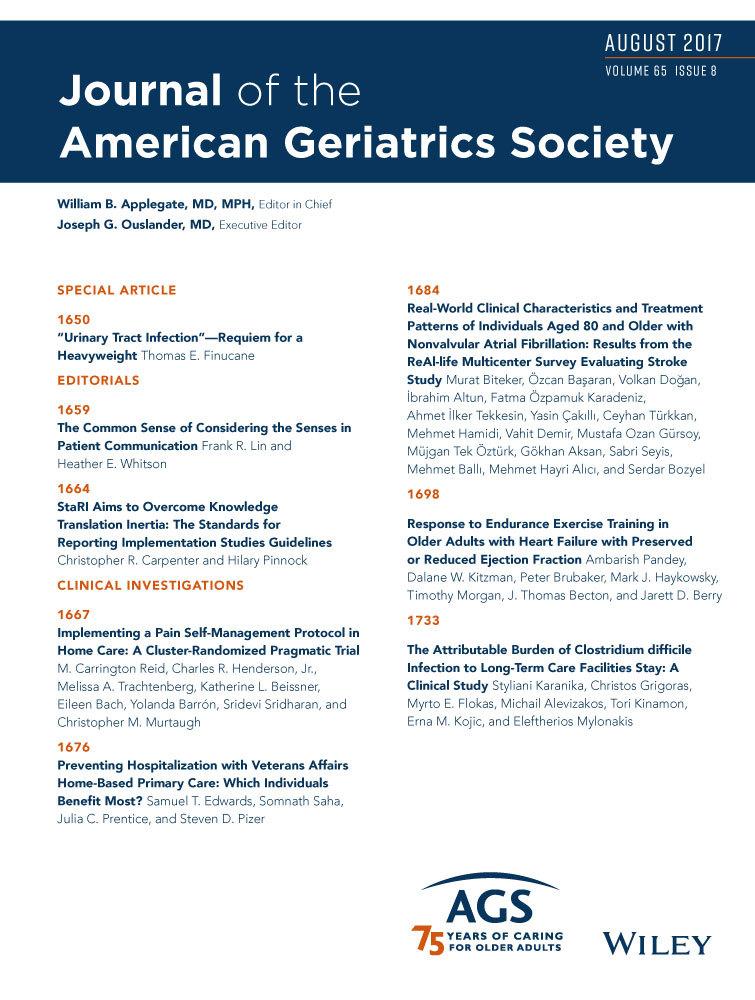Headline
Including caregivers in the discharge planning process reduces the risk of hospital readmission for older adults.
Context
Informal caregivers play an essential role in the daily life of older adults with complex needs, providing wound care, medication management, and other complex tasks. While discharge planning identifies patient needs for a safe transition from acute care settings to home- or community-based settings, caregivers are often not included or are dissatisfied with the discharge planning process. This literature review and meta-analysis of randomized controlled trials examines the effects of integrating caregivers into discharge planning on the risk of rehospitalization, length of post-discharge hospitalizations, and the cost of post-discharge care.
Findings
Across 15 studies, including caregivers during discharge planning led to approximately 25 percent reductions in risk for both 90- and 180-day readmission rates for older adults compared to individuals whose caregivers were not involved in discharge planning. There were also statistically significant reductions in time to readmission, length of rehospitalization, and costs of post-discharge care. Most caregiver interventions continued after discharge, which provided opportunity to address ongoing or new patient or caregiver needs.
Takeaways
Hospitals and nursing facilities can involve caregivers in the discharge planning process to help reduce unnecessary readmissions.



